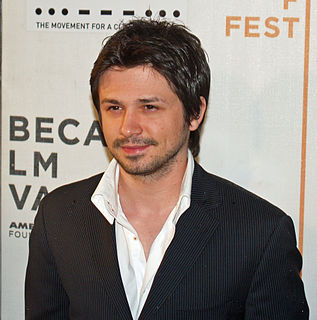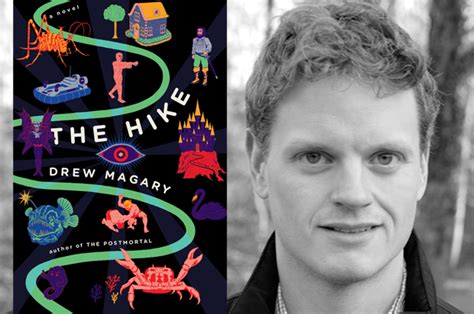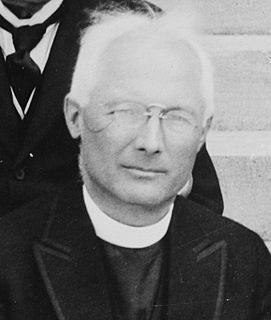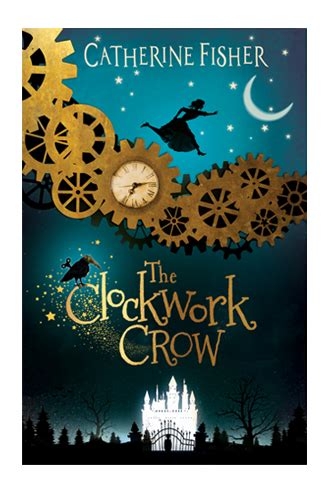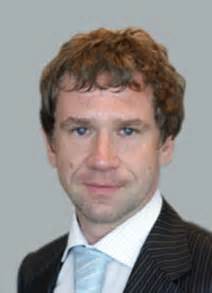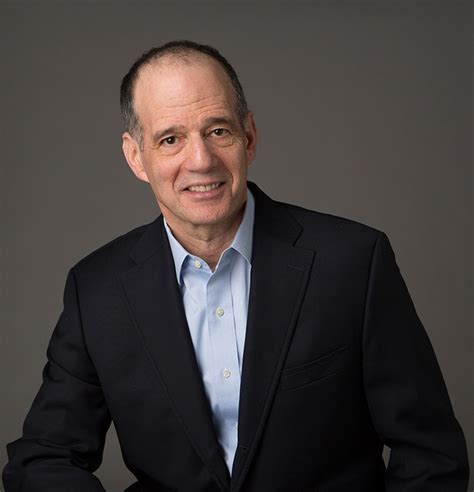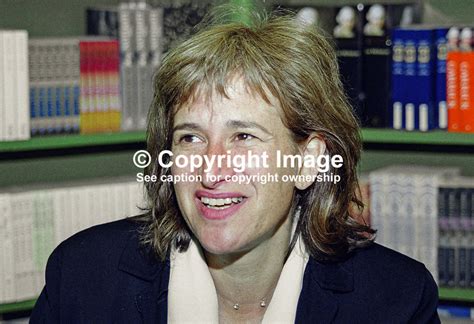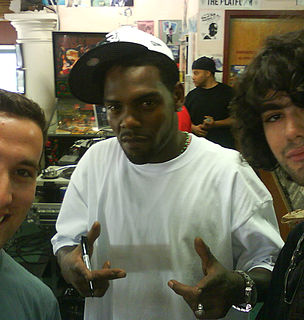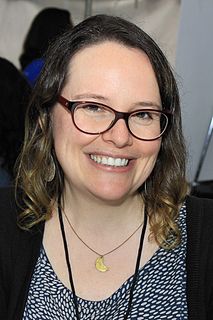A Quote by Alberto Manguel
Nothing moves except my eyes and my hand occasionally turning a page, and yet something not exactly defined by the word "text" unfurls, progresses, grows and takes root as I read. But how does this process take place?
Related Quotes
Teaching literature is teaching how to read. How to notice things in a text that a speed-reading culture is trained to disregard, overcome, edit out, or explain away; how to read what the language is doing, not guess what the author was thinking; how to take evidence from a page, not seek a reality to substitute for it.
When you are writing a spoken word poem, the tools you're working with are your voice, your body, how it's going to sound to someone when you're saying it out loud. Which is different from when you're writing it on the page. That toolbox becomes how does this look visually on the page, how does this read among pages, how is this in relation to poems that are before it or after it. I don't think one is better or more successful than the other. You've just gotta think about "what are the tools I'm using, and how are they most effective in this form?"
If we don't understand how metaphor works we will misunderstand most of what we read in the Bible. No matter how carefully we parse our Hebrew and Greek sentences, no matter how precisely we use our dictionaries and trace our etymologies, no matter how exactly we define the words on the page, if we do not appreciate the way a metaphor works we will never comprehend the meaning of the text.
We are chained hand and foot by protocol, enslaved to a static, empty world where men and women can’t read, where the scientific advances of the ages are the preserve of the rich, where artists and poets are doomed to endless repetitions and sterile reworking of past masterpieces. Nothing is new. New does not exist. Nothing changes, nothing grows, evolves, develops. Time has stopped. Progress is forbidden
The rower need to know technique and has to be in shape. He won't wrong by using strategy. Yet what it takes to win races is the ability to reach inside and pull out something to keep you going - no, to go faster - when you have nothing left to give. There's a word for what that takes and the word is not magic, the word is guts.
I'm just talking in my songs about what's going on, what's exactly happening right now. If I was upset about something, I wrote a song. There's nothing I can't speak on. And everything I learned is from real-life experience, all first-hand: contracts, record companies, representation, everything. It's not from books: It's coming from the the heart. You can feel my pain, you can hear me turning my pain into a party. I'm not gonna let no one take the fun out of it.


